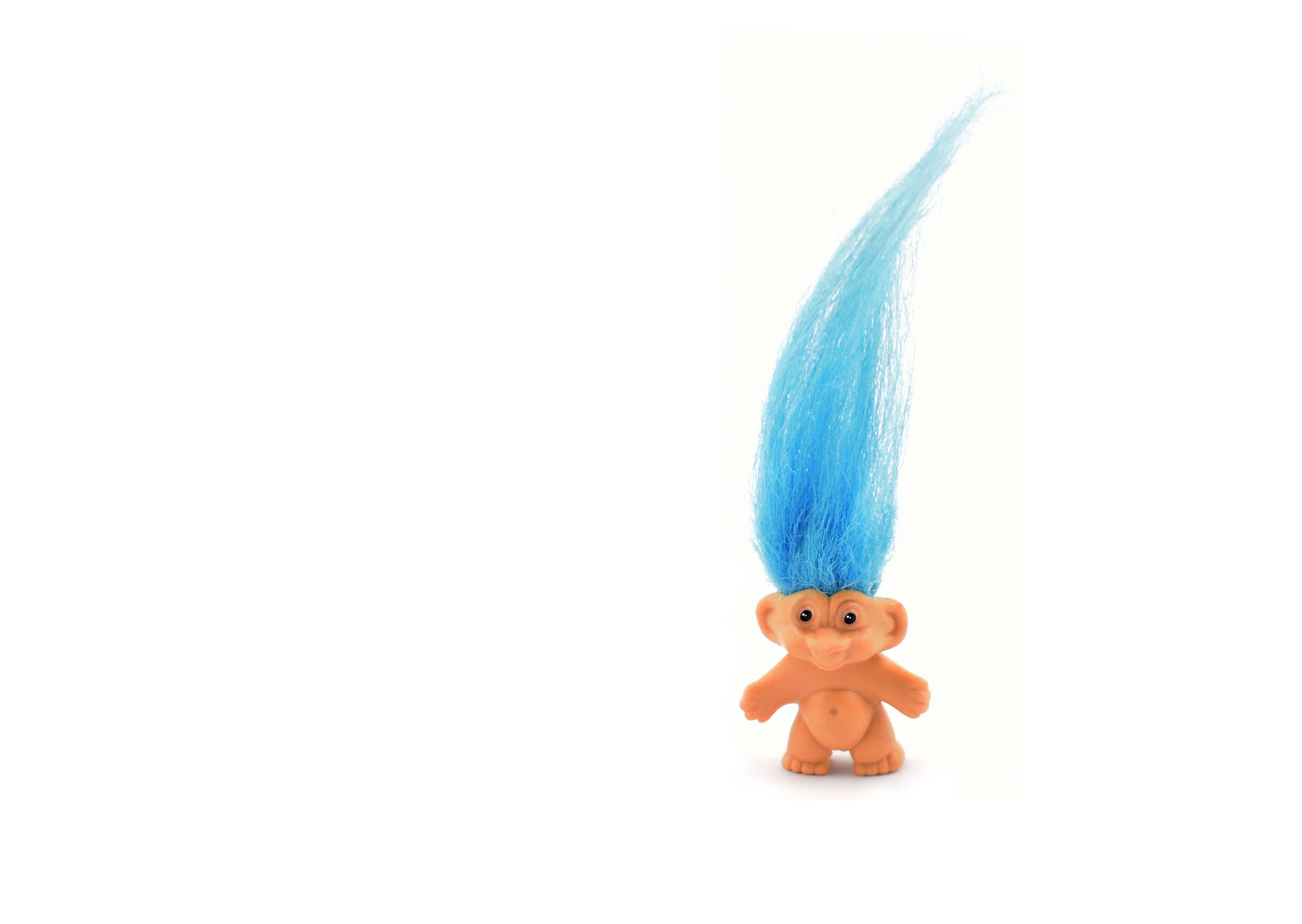Who are Copyright Trolls?
Copyright trolls are parties who enforce copyrights which they own only for purposes of profiting off of infringement litigation, and more often from demands. These are parties that have no interest in using or selling the photos, or other works, they own copyrights for. They may be photographers who own pictures or website who have licensing from photographers. They then purposefully make their pictures readily available online, like on Google. One common site that participates in this practice is Getty Images; all of their pictures are owned by them or the photographers/designers who uploaded them. They are setting up a trap.
Those photographers or websites then partner with law firms and scour the internet searching for websites using their copyrighted pictures. Once they find websites using their materials, their lawyers send demand letters. The letters claim that you are infringing on their copyright and if you do not pay them a few thousand dollars, they will sue you for copyright infringement.
For someone who is actually using copyrighted work on their website, even if they didn’t know it was copyrighted, a few thousand dollars is quite a bargain. Litigating a copyright infringement case can easily cost over $100,000 in attorney’s fees. These lawyers crank out as many of these letters as they can and try to settle them as fast as they can. They usually don’t even want to sue, they just want quick money through settlements, without much work.
When Can Copyright Owners Sue? What Can They Recover?
Recently, the Supreme Court ruled that a party suing for copyright infringement, must have a copyright registration. Parties were once able to sue on common-law copyrights which did not need to be registered. Further, when suing for copyright infringement, there are statutorily defined damages that range from $750 – $30,000. For intentional infringement, those damages could rise to $150,000. And really, if you are using their picture on your website, as they claim, then you are infringing. Claiming that you didn’t know is not a great defense. That defense may help you end up on the lower end of the statutorily defined damages, but you are still infringing and would have to participate in litigation to even claim that defense. The only real defense is claiming that you are not using the work for commercial use. For example, a school using a picture for purely educational purposes.
How Can I Fight Copyright Trolls?
So, let’s say you use a picture from Google on your website. Then, in a few weeks or months, you get a letter in the mail from a law firm that says you are using their client’s copyrighted work and you can pay them $2,000 or they will sue you for copyright infringement.
There are a few options and we highly recommend utilizing your lawyer in pursuing these options:
- Ask for their copyright registration and confirm the registration is for the picture claimed and the client they are representing actually owns the registration.
- Negotiate to settle, and offer low. Remember, if you really didn’t know and attempted some due diligence but still thought you had the right to use the work, then they may only recover $750 in court. These trolls only own the copyrights for the purpose of creating a quick revenue stream. Thus, they want to knock out as many of these letters with quick settlements as possible.
- Lastly, if you do settle, review the settlement agreement carefully with your lawyer, as it is usually designed in their favor. Make sure they represent and warrant that your client will not be liable for any of the copyrighted work. Again, they want to knock these out as fast as possible, so you can probably redraft the entire settlement agreement in your favor, often times without any negotiation from the other side.
Of course, you may also receive letters from legitimate copyright owners who actually want to protect their brand. These owners may be serious about pursuing litigation. However, again, settlement is likely since their damages are statutorily defined.
If you receive one of these demand letters, do not sit on it. If you wait, and receive more letters, then they will have a better argument that you are intentionally infringing. The argument is, from the point when you received the first letter, you then knew that the work was copyrighted. Intentional infringement will move their recovery to the higher end of the statutorily defined damages.








